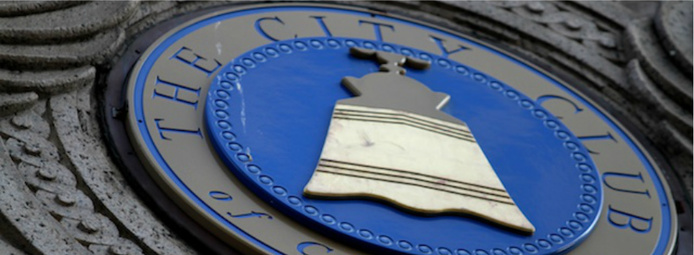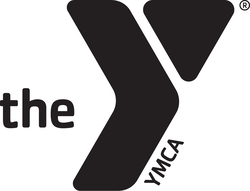Monday, October 14, 2019
#FREESPEECH IN THE NEWS: October 14, 2019

As the Citadel of Free Speech here in Cleveland, we work to protect and promote the basis of our democracy by sharing related stories, commentary, and opinions on free speech in the 21st century. Here's what's making the news – and what you should know about – in the past week.
In an attempt to establish free-speech punishments, the University of Wisconsin Board of Regents could actually be infringing on free-speech rights, experts say.
On Friday, the Board of Regents is expected to vote on modifications to an administrative rule on free speech. If approved, students who are found to have disrupted the free expressions of others twice will be suspended and expelled on their third offense.
"It'll promulgate a chilling effect on campus," Will Creeley, senior vice president of legal and public advocacy for the Foundation for Individual Rights in Education told Newsweek. "Instead of preserving the marketplace of ideas, it may very well diminish the marketplace of ideas, and that's a net loss for everybody."
Creeley speculated that part of the reason the Board of Regents sought to implement the policy was to "send a message." A message that told the community that speakers, even those with dissenting viewpoints, were welcome on campus, a place where their ideas would be debated and heard.
2.) Facebook accuses European Union of policing free speech after court ruling
Facebook has accused the European Union of undermining international order and empowering politicians in undemocratic countries to reach beyond their borders to censor critics. Head of global policy Monika Bickert criticized a European Court judgment which said EU states could order the removal of content not only in their own country, but all around the world.
"Imagine something you wrote and shared on Facebook was taken down, not because it violated our rules, and not because it broke the law in your country, but because someone was able to use different laws in another country to have it removed," wrote Ms Bickert.
According to Facebook, this is now a possible means of censorship following the end of a case involving Austrian Green Party politician Eva Glawischnig-Piesczek. When the comments were found to be defamatory in an Austrian court, Facebook made the post unavailable in Austria.
However, the court also asked for the posts to be removed worldwide and included an obligation on Facebook to remove similar posts on a global basis as well. The European Court of Justice last week supported the ruling. Facebook says the decision "undermines the long-standing principle that one country does not have the right to impose its laws on another country".
3.) Group Argues Confederate Statue Removals Violate Free Speech
A federal court of appeals is hearing arguments in a lawsuit accusing the University of Texas of violating free speech rights by removing Confederate statues.
The Texas chapter of the Sons of Confederate Veterans sued after the university put three statues of leading Confederate figures in storage. The move followed 2017 white supremacist protests in Charlottesville, Virginia, in which three people died.
The lawsuit argues that the university breached its agreement with Maj. George Washington Littlefield, who donated the statues in 1921. The 5th U.S. Circuit Court of Appeals heard oral arguments Tuesday.
A university spokesman didn’t respond to a request for comment.





